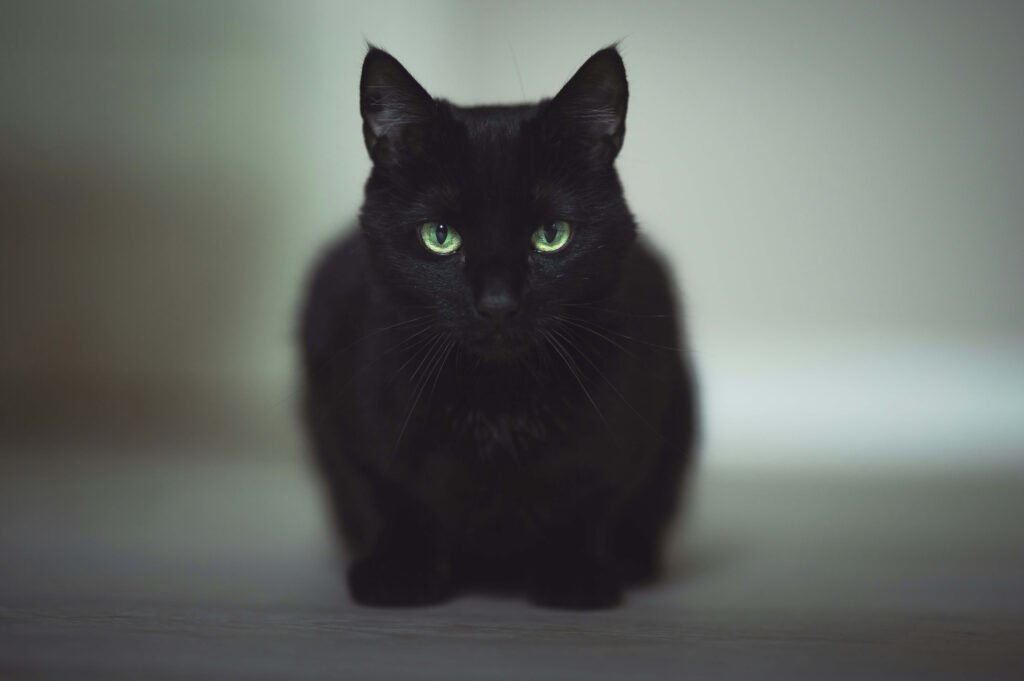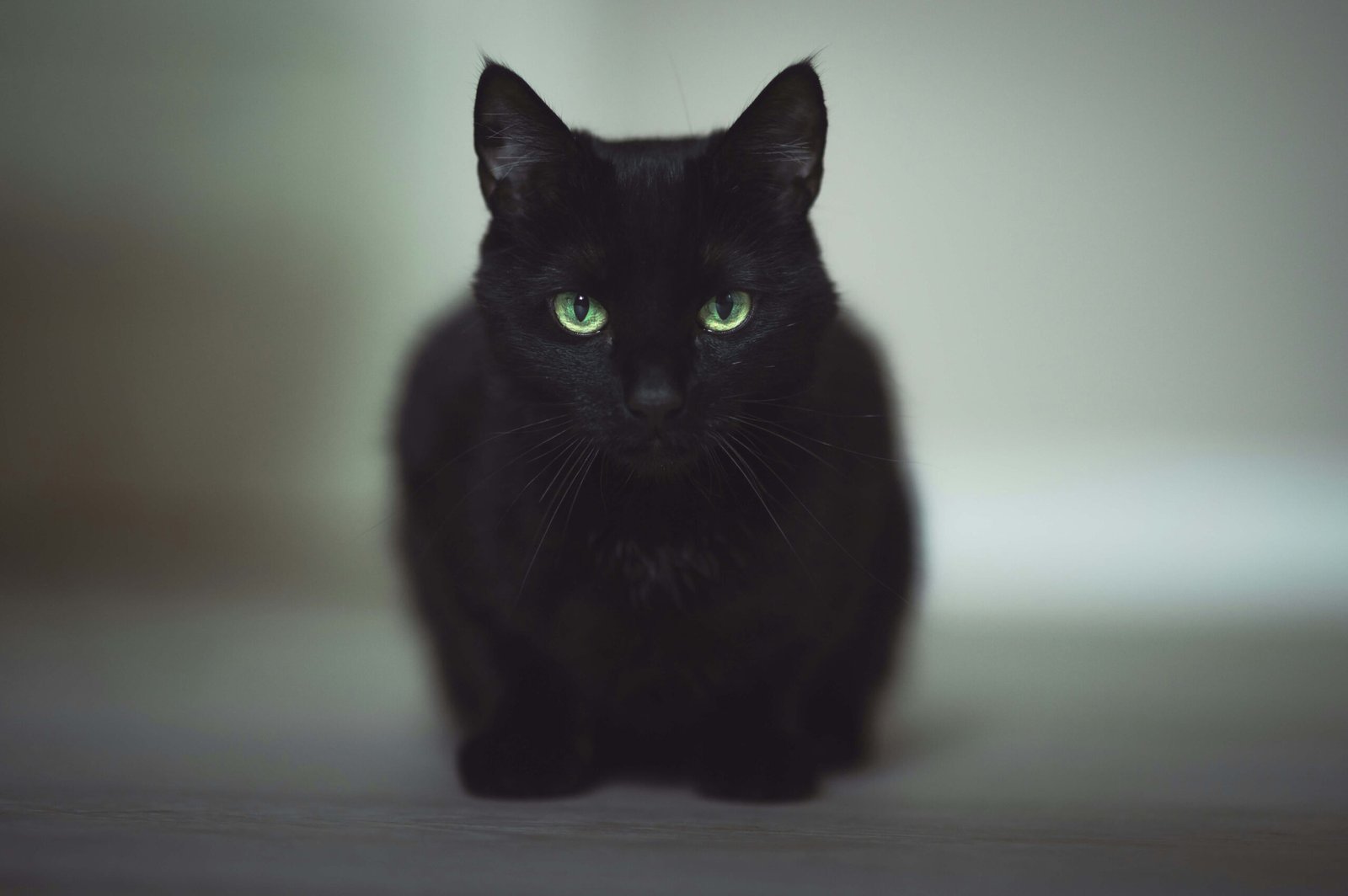Cat Constipation Home Remedies: Gentle Solutions for Your Feline Friend
Constipation in cats can be uncomfortable and concerning for both the pet and the owner. While occasional constipation is not uncommon, persistent issues may indicate an underlying health problem that requires veterinary attention. However, there are several safe and effective home remedies you can try to help relieve your cat’s discomfort and promote regular bowel movements. In this blog post, we’ll explore the causes of cat constipation, share practical home remedies, and provide tips to prevent future occurrences. By understanding how to support your cat’s digestive health, you can ensure they stay happy, healthy, and comfortable.
Common Causes of Cat Constipation
Understanding the root cause of your cat’s constipation is the first step toward finding a solution. Here are some common reasons why cats may experience difficulty passing stool:
Dehydration
Cats are prone to dehydration, especially if they don’t drink enough water or eat only dry food.Lack of Fiber
A diet low in fiber can lead to sluggish digestion and hard stools.Hairballs
Accumulated hair in the digestive tract can block normal bowel movements.Sedentary Lifestyle
Inactive cats may have slower digestion, contributing to constipation.Underlying Health Issues
Conditions like obesity, arthritis, or gastrointestinal disorders can increase the risk of constipation.
By identifying the cause, you can tailor your approach to address the specific needs of your cat effectively.
Effective Home Remedies for Cat Constipation
There are several natural remedies you can try at home to help alleviate your cat’s constipation. These remedies are gentle, safe, and often effective when used correctly. Here are some tried-and-true options:
Increase Water Intake
Encourage your cat to drink more water by providing fresh water in multiple locations or using a cat water fountain.Add Canned Pumpkin
Plain canned pumpkin (not pie filling) is rich in fiber and can help soften stools. Mix a teaspoon into their food.Offer Wet Food
Switching to wet food or adding water to dry kibble can boost hydration and improve digestion.Provide Hairball Remedy
Specialized hairball gels or pastes can help lubricate the digestive tract and ease blockages.Introduce Probiotics
Probiotic supplements designed for cats can restore gut health and promote regular bowel movements.
These remedies are simple yet powerful tools to help your cat feel better without resorting to medication.
Check this guide 👉Cat Food for Constipation: Best 7 Expert Tips!
Check this guide 👉Understanding Cat Constipation: Best 7 Health Tips!

Home Remedies | Preventive Measures |
|---|---|
Increase water intake | Ensure constant access to fresh water |
Add canned pumpkin | Feed a balanced, high-fiber diet |
Offer wet food | Brush your cat regularly to reduce hairballs |
Provide hairball remedy | Encourage daily exercise and play |
Introduce probiotics | Schedule routine vet check-ups |
Tips to Prevent Constipation in Cats
Prevention is key to keeping your cat’s digestive system healthy and avoiding recurring constipation. Here are some proactive steps you can take:
Maintain a Balanced Diet
Ensure your cat’s diet includes adequate fiber and moisture to support digestion.Encourage Regular Exercise
Engage your cat in play sessions to keep their metabolism active and promote healthy digestion.Groom Your Cat Frequently
Regular brushing reduces the amount of hair your cat ingests, minimizing the risk of hairballs.Monitor Litter Box Habits
Keep an eye on your cat’s litter box behavior to catch any irregularities early.Schedule Routine Vet Visits
Regular check-ups can help identify and address potential health issues before they worsen.
By incorporating these habits into your routine, you can significantly reduce the likelihood of constipation.
Signs That Your Cat Needs Veterinary Attention
While home remedies can often resolve mild cases of constipation, some symptoms indicate the need for professional care. Here’s what to watch for:
Straining Without Results
If your cat repeatedly strains but produces no stool, it could signal a blockage.Vomiting or Loss of Appetite
These symptoms may indicate a more serious digestive issue requiring immediate attention.Blood in Stool
The presence of blood is a red flag that warrants a vet visit.Lethargy or Weakness
A lack of energy or unusual weakness can point to dehydration or other complications.Persistent Constipation
If home remedies fail to provide relief after a few days, consult your veterinarian.
Recognizing these signs early can prevent minor issues from escalating into major health concerns.
Foods to Avoid When Managing Cat Constipation
While certain foods can help alleviate constipation, others may worsen the condition or harm your cat’s digestive system. It’s important to know what to avoid when trying to manage your cat’s symptoms. Here are some foods to steer clear of:
Dairy Products
Most cats are lactose intolerant, and dairy can cause stomach upset or diarrhea rather than relief.Fatty or Oily Foods
High-fat foods like bacon or fried items can irritate the digestive tract and lead to further complications.Bones or Hard Objects
Feeding bones or hard objects can cause blockages, which may exacerbate constipation.Human Snacks
Chips, candy, or processed snacks often contain ingredients that are toxic or difficult for cats to digest.Raw Meat
While raw diets are debated, uncooked meat can introduce bacteria or parasites that disrupt digestion.
By avoiding these foods, you can prevent additional stress on your cat’s digestive system and focus on safe, effective remedies.
Signs Your Cat Is Feeling Better After Treatment
As you implement home remedies or veterinary treatments for your cat’s constipation, it’s important to monitor their progress. Here are signs that indicate your cat is feeling better and recovering:
Regular Bowel Movements
Your cat begins passing stool more frequently and with less strain.Increased Energy Levels
A noticeable boost in activity and playfulness suggests improved comfort.Normal Eating Habits
Your cat resumes eating their food without hesitation or disinterest.Reduced Straining
They no longer exhibit signs of discomfort or pain while using the litter box.Improved Coat Condition
A shiny, healthy coat often reflects better overall health and digestion.
These positive changes are indicators that your efforts are working and your cat is on the path to recovery.
How to Make Hydration Fun for Your Cat
Hydration is crucial for preventing and managing constipation, but some cats can be stubborn about drinking water. Making hydration enjoyable can encourage them to drink more. Here are creative ways to make water appealing:
Use a Water Fountain
Cats are naturally drawn to running water, so a pet fountain can entice them to drink more.Add Flavor to Water
Mix a small amount of low-sodium chicken broth into their water to make it more enticing.Offer Ice Cubes as Toys
Some cats enjoy playing with ice cubes, licking them as they melt.Provide Multiple Water Stations
Place water bowls in different areas of your home to increase accessibility.Wet Food Challenges
Create a game by hiding small portions of wet food around the house for them to “hunt.”
By making hydration fun and engaging, you can ensure your cat stays well-hydrated and supports their digestive health.
Frequently Asked Questions About Cat Constipation Home Remedies
How long can a cat go without pooping before it becomes a concern?
Most cats should poop at least once every 24-48 hours. Anything longer may indicate constipation.
Can I give my cat milk to help with constipation?
No, many cats are lactose intolerant, and milk can upset their stomach further.
Is olive oil safe for cats with constipation?
Small amounts of olive oil can help, but it’s best to consult your vet before using it.
What should I do if my cat’s constipation doesn’t improve?
If home remedies fail, seek veterinary advice to rule out underlying conditions.
Can stress cause constipation in cats?
Yes, stress can disrupt digestion, so creating a calm environment is important.
Final Thoughts: Supporting Your Cat’s Digestive Health Naturally
Cat constipation is a common issue, but with the right care and attention, it can often be managed at home. By understanding the causes, trying gentle remedies, and taking preventive measures, you can help your feline friend maintain a healthy digestive system. Always monitor your cat’s condition closely and seek veterinary care if symptoms persist or worsen. With patience and dedication, you can ensure your cat enjoys a happy, comfortable life free from digestive discomfort. Remember, a healthy cat is a happy cat—and your efforts will make all the difference!
Do Cats Have Taste Buds? Best 7 Expert Tips! – Discover how cats experience flavors and why their taste is so unique.
Do Dogs Have Taste Buds? Best 7 Expert Tips! – Discover how dogs experience taste, their preferences, and what it means for their diet and health.
Can Cats Taste Sweet? Best 7 Expert Tips! – Discover why cats can’t taste sweetness, how it affects their diet, and tips to keep them healthy and happy.
Can Dogs Taste Sweet? Best 7 Expert Tips! – Discover how dogs perceive sweetness, which foods are safe, and tips to manage their sweet cravings responsibly.





